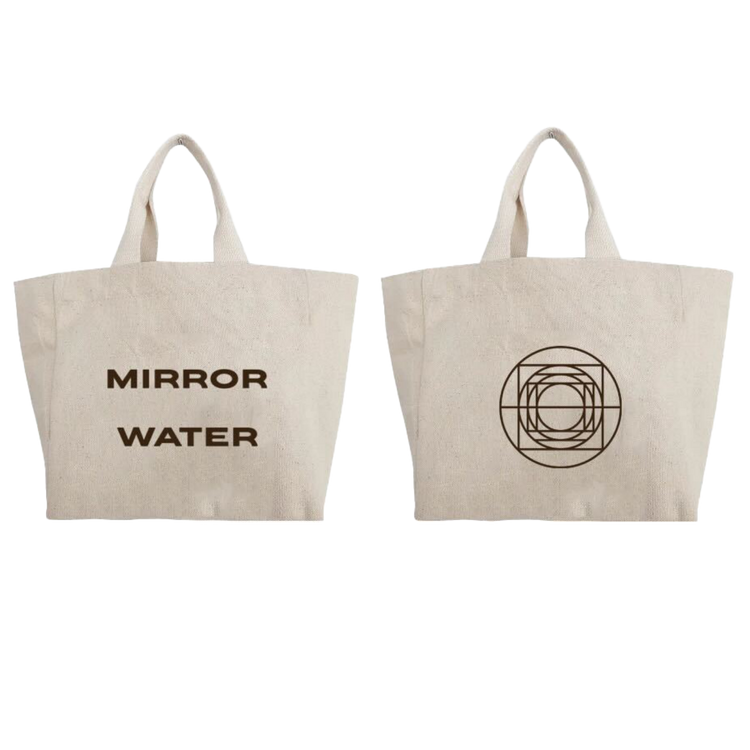
MIRROR WATER Deep Dive Bathing History: Japanese Onsen
At MIRROR WATER we believe that bathing is an enjoyable and beneficial tool in your personal arsenal of wellbeing rituals. Bathing is a treat for your skin, your muscles and your mind. But there isn’t only one way to bathe – bathing has been a central feature of human life for thousands of years and different practices have developed around the world to address various concerns and to make use of local ingredients. In this series, we learn from different cultures and eras by conducting a deep dive into different types of bathing. For our first pieces we looked at thalassotherapy and floral bathing, and for this piece we are delving into Japanese onsen.


By definition, an onsen uses water from geothermal springs, meaning that the water is naturally hot. Japan is a volcanically-active country so there are many onsen around the country and onsen visits are a major facet of Japanese tourism. Guests can stay and often dine in traditional buildings that are built up around the hot springs, which sometimes include ryokans where guests stay on tatami mats. Some inns have private onsens, while others have group bathing facilities, and it is possible to enjoy outdoor or indoor onsen bathing. There are even small onsen towns, some within easy reach of Tokyo, so guests can hop between different onsen hotels. We have heard that, if told in advance, ryokans can offer some of the best vegetarian dining in Japan.
The onsen experience begins before bathers enter the water itself. As the first step of onsen etiquette, bathers should wash themselves before entering the onsen, which are are equipped with bathing stations including taps or showerheads, wooden stools and buckets, as well as body cleansing products. It is not considered socially acceptable to enter the onsen while dirty or even with traces of soap suds. For anyone who says that bathing involves soaking in dirty water, maybe onsens are for you! As a consideration for others, it is of utmost importance to keep the onsen water clean, so towels should not be left near the water and hair should be tied up.


There are two common question marks over onsen visits – nudity and tattoos. Onsens are traditionally experienced while naked, though guests can use towels to cover themselves before they enter the water. There are also onsens with different rooms for men and women. Some less traditional onsens are set up to be more like water parks, where bathing suits are required. Though there are mixed accounts of the acceptability of visible tattoos in onsen, it might be considered a sign of respect to cover any tattoos with a plaster or patch.
It can be a shock to enter the hot springs, so you will often notice experienced bathers splash their lower body with water before submerging themselves, as this helps to acclimatise to the temperature of the water. Onsens are not like swimming pools, so bathers should rest in the water instead of swimming or splashing and it is also considered respectful to speak quietly and to leave phones and all belongings in a locker. It is a chance to relax into the warmth of the water, so onsens will often play the sounds of running water or soothing traditional pipe music.
Japan is also the only place in the world where monkeys can be seen bathing in water from hot springs. To the north west of Tokyo, there is a national park where visitors can observe this, in a town called Yamanouchi. In the winter, macaque monkeys, also known as snow monkeys, descend from the cold and the snow into the valley where boiling hot water emerges from the ground. It is considered an unusual sight because, like cats, monkeys typically do not like water, as well as the fact that other macaque populations around the world do not conduct bathing practices. But the Jigokudani macaques bathe in the hot springs, and have been photographed engaging in recognisable bathing practices, such as sitting around the edges of the spring, closing their eyes and visibly enjoying the hot water. Researchers even found that the snow monkeys had lower stress levels during the period when they were bathing compared to the summer months. It seems like humans aren’t the only ones to benefit from a nice, relaxing bath!
Due to Japanese cultural mores around consideration to others, onsens might seem like they are attached to more rules than other types of bathing, but the etiquette around cleanliness and behaviour makes onsens a uniquely enjoyable and restful experience.
We hope you enjoyed learning about Japanese onsen. If you have ever tried it, or if there is another type of bathing that you would like to see us explore, get in touch @mirrorwater.earth on Instagram.















